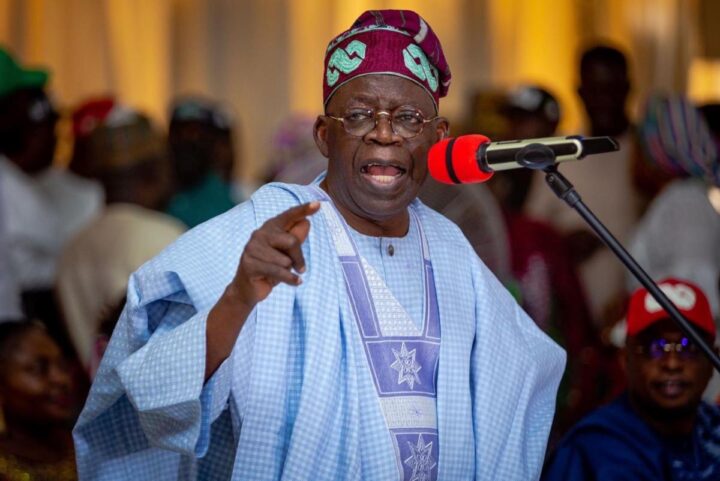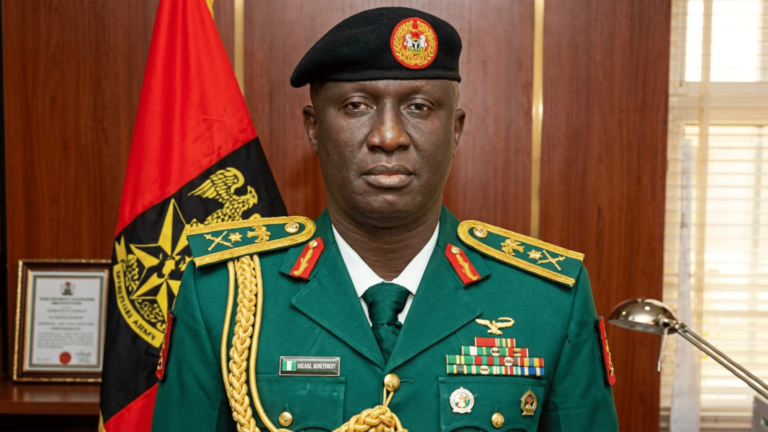
President Bola Ahmed Tinubu has called on world leaders to restructure the global financial and healthcare systems. Speaking at the Summit for a New Global Financing Pact in Paris, he emphasized the need for more fairness in how funds are distributed to developing nations.
Tinubu advocates global health financing reform that supports developing countries in addressing the economic fallout from global crises. He said that Africa and other underrepresented regions have often suffered most during emergencies like the COVID-19 pandemic. These challenges, he explained, revealed long-standing weaknesses in both financial and healthcare systems.
He pointed out that economic inequality across nations has made it difficult for developing countries to recover from shocks. According to him, without access to fair and transparent global financing, many countries will remain stuck in cycles of poverty and poor healthcare. Tinubu emphasized that helping low-income nations grow stronger is in the best interest of the entire world.
The Nigerian leader spoke directly to the need for investment in local health infrastructure. He said that strengthening healthcare systems in Africa will reduce dependency on foreign aid and allow nations to respond more quickly to outbreaks and emergencies. He called on global partners to focus on long-term solutions and not only short-term relief.
Tinubu also spoke about climate finance, urging that global funding strategies must not ignore the needs of vulnerable nations. He stressed that the environment and public health are closely linked and must be addressed together. He added that Africa faces some of the worst effects of climate change, despite contributing the least to its causes.
“Any conversation about climate and health must include African voices,” he said. He called for reforms that prioritize local innovation, healthcare workforce training, and equitable access to health technology. He noted that the continent’s young population could be a source of strength if supported with education and infrastructure.
Tinubu met with several world leaders and international financial experts at the summit. He used the meetings to share Nigeria’s experience and to build partnerships that could lead to real progress. He said that reforms will only succeed when developing countries are allowed to lead their own development paths.
As he pushed for greater collaboration, Tinubu also praised efforts already being made by some global institutions. He said reforms at the International Monetary Fund and World Bank must continue and should include more representation from Africa. He urged that new mechanisms be created to ensure emergency funds can reach the countries that need them the most.
Tinubu advocates global health financing reform not only for Nigeria but for the wider global community. He believes that better systems will help prevent future health crises and improve economic resilience in vulnerable nations. He concluded by saying that now is the time for collective action and inclusive leadership.
By raising these issues at an international forum, Tinubu positioned Nigeria as a key voice in global development. His message was clear and timely. He called on all stakeholders to recognize that a safer, healthier, and more prosperous world begins with fairness in global systems.


